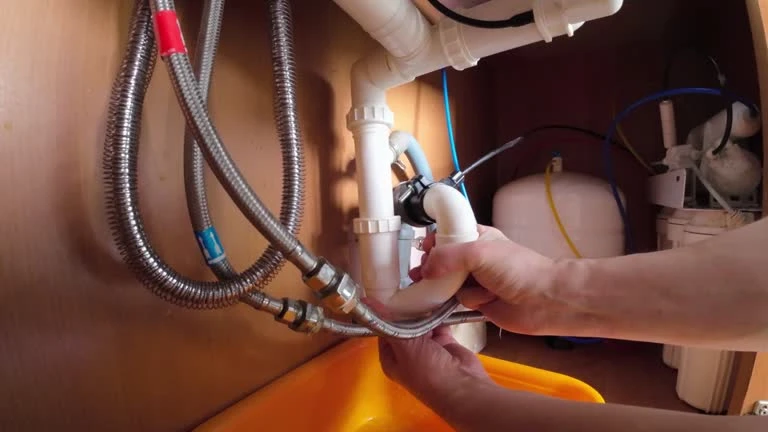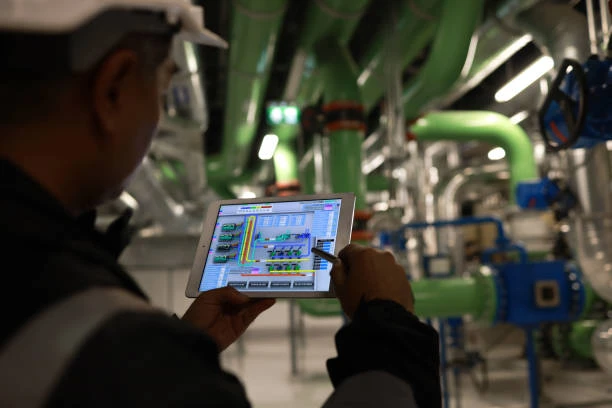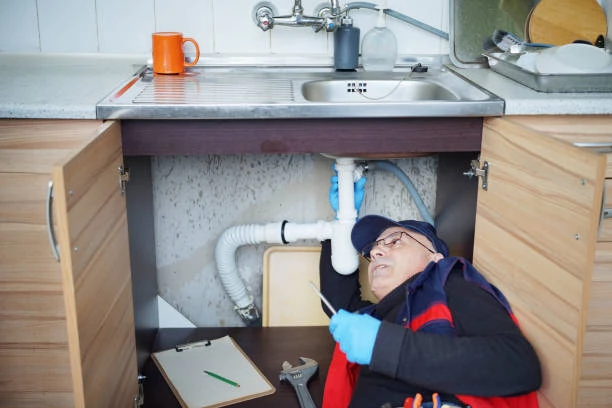Introduction to Corrosion-Resistant Ball Valves
Corrosion-resistant ball valves are essential in the chemical industry due to their ability to handle aggressive and corrosive fluids. The chemical industry often deals with harsh chemicals, extreme temperatures, and high pressures. In such environments, traditional valves may deteriorate quickly, leading to leaks, malfunctions, and safety hazards. Corrosion-resistant ball valves, including those made with materials such as stainless steel, PTFE, or alloys like Hastelloy, are designed to withstand these conditions. Furthermore, the use of ball valve assembly machines ensures precise manufacturing and assembly of these valves, ensuring reliability and performance. These valves offer a long service life, reducing the need for frequent replacements, which is critical for maintaining efficiency in chemical processing plants.
The Role of Ball Valves in Chemical Processing
Ball valves are widely used in chemical processing to control the flow of corrosive fluids, gases, and slurries. These valves are commonly installed in piping systems for controlling the flow rate, pressure, and temperature of the chemicals. The ball valve assembly machines allow manufacturers to produce high-quality valves, which are crucial in ensuring tight shutoffs and leak-proof operation. Corrosion-resistant ball valves handle acids, bases, solvents, and other aggressive chemicals without compromising performance. In chemical reactors, for example, ball valves regulate the flow of reactants and products, maintaining the necessary conditions for chemical reactions. Their ability to prevent leakage is crucial in protecting both the environment and the workers.
Types of Corrosion-Resistant Materials Used in Ball Valves
The materials used in the construction of corrosion-resistant ball valves are key to their performance in the chemical industry. Stainless steel is one of the most common materials, offering excellent resistance to a wide range of chemicals and temperature fluctuations. For more aggressive environments, alloys like Hastelloy or Monel provide superior resistance to both corrosion and high-pressure conditions. In some applications, PTFE (Polytetrafluoroethylene) ball valves are used due to their chemical inertness. These materials provide the strength and durability required in harsh chemical environments. Ball valve assembly machines are equipped to work with these specialized materials, ensuring high precision and quality in the manufacturing process.
Advantages of Corrosion-Resistant Ball Valves
Corrosion-resistant ball valves provide several advantages in chemical applications. First, their durability significantly reduces maintenance costs. By using high-quality materials, these valves resist wear and corrosion, extending their lifespan. Second, their simple design allows for easy installation, operation, and maintenance. The compact structure ensures efficient operation, even in tight spaces. Third, corrosion-resistant ball valves offer excellent sealing capabilities, preventing leaks and ensuring safety in hazardous environments. In many chemical plants, these valves are the preferred choice because they minimize downtime and improve operational efficiency.
Application in Chemical Storage and Distribution Systems
Corrosion-resistant ball valves are also critical in chemical storage and distribution systems. These systems often transport hazardous or corrosive liquids and gases. For example, ball valves are used in the transfer of acids or solvents between storage tanks and processing units. The ability of these valves to provide a tight seal ensures that there are no leaks during the transfer process, which can prevent accidents and environmental contamination. Ball valve assembly machines ensure that the valves are precisely manufactured to meet the stringent requirements of the chemical industry. In addition to fluid control, corrosion-resistant ball valves also play an important role in isolating sections of the system for maintenance or emergency shutoff.
Enhancing Safety and Compliance with Corrosion-Resistant Valves
Safety and regulatory compliance are essential in the chemical industry. Corrosion-resistant ball valves help meet safety standards by providing reliable flow control in highly corrosive environments. The valves’ durability and sealing capability prevent chemical spills, which could cause environmental damage or pose a threat to personnel. Moreover, these valves are designed to handle the extreme conditions of chemical plants, including high pressures and temperatures. By using high-quality corrosion-resistant ball valves, chemical manufacturers can ensure compliance with environmental and safety regulations. Furthermore, these valves contribute to reducing operational risks, enhancing both safety and productivity.
Maintenance and Longevity of Corrosion-Resistant Ball Valves
Routine maintenance is necessary to ensure the longevity of corrosion-resistant ball valves. Regular inspections for wear and tear, along with cleaning and lubrication of moving parts, help maintain optimal performance. While corrosion-resistant materials reduce the frequency of maintenance, components such as seals and seats may still need replacement over time. For example, in chemical applications, the accumulation of chemicals inside the valve may cause wear, affecting its sealing ability. Ball valve assembly machines ensure precision in the construction of these valves, reducing the likelihood of failures. Proper maintenance procedures can prevent costly downtime and extend the lifespan of the valves, ensuring reliable performance throughout their service life.
The Future of Corrosion-Resistant Ball Valves in Chemical Industry
The future of corrosion-resistant ball valves in the chemical industry looks promising. With advancements in materials and manufacturing technology, including the use of ball valve assembly machines, the valves will continue to improve in terms of performance, reliability, and safety. The demand for more efficient and environmentally friendly chemical processes is pushing the development of new materials that provide even better corrosion resistance. Moreover, the increasing need for automation in the chemical industry will drive innovations in valve technology, such as smart ball valves that integrate sensors for real-time monitoring and remote control. These advancements will further enhance the performance of corrosion-resistant ball valves and ensure they continue to meet the ever-evolving needs of the chemical industry.
Conclusion
In conclusion, corrosion-resistant ball valves are indispensable in the chemical industry. They provide reliable flow control, prevent leaks, and ensure the safety of chemical operations. The use of high-quality materials, such as stainless steel, PTFE, and alloys like Hastelloy, ensures that these valves can withstand aggressive chemicals, high pressures, and temperature fluctuations. Ball valve assembly machines play a vital role in the precision manufacturing of these valves, ensuring they meet industry standards. From chemical processing to storage and distribution, corrosion-resistant ball valves improve operational efficiency, reduce maintenance costs, and enhance safety. As technology advances, these valves will continue to evolve, supporting the chemical industry’s need for safer, more efficient operations.
IFAN Products international standards
IFAN products strictly adhere to a comprehensive range of international standards, encompassing ISO 15874, EN 15874, ASTM F2389, DIN 8077/8078, GB/T 18742, NBR 15884, ISO 15494, EN ISO 15494, GB/T 19472, NBR 15494, ASTM 2846 (501), DIN 8079/8080 (502), ASTM F441/F441M SCH80 (503), DIN (504), DIN (505), GB/T 18993, AS/NZS 1477, CSA B137.6, NSF/ANSI 14, TIS 17-2532/1131-2535, BS 3505, BS 4346 (801), ASTM D1785 SCH40 (802), ASTM D1785 SCH80 (803), DIN (804), GB (805), GB (806), GB(901), DWV(902), ASTM D2665 (903), along with ASTM D2241, D2665, D2729, and F441/F441M series, ISO 1452, EN ISO 1452, DIN 8061/8062, GB/T 10002, AS/NZS 1477, JIS K6741, CSA B137.3, and other national and industry norms.
Connect
IFAN is a Chinese manufacturer of plastic pipes, fittings and valves with 30 years of experience. If you are interest in IFAN copper fittings, copper valves, plastic pipes and fittings, please contact us. IFAN offers you a variety of standard pipes to meet your specific needs. Click below to learn more about IFAN’s wide range of affordable and cost-effective valve products and piping system related products.
We will reply your email or fax within 24 hours.
You can call us at any time if there is any question on our production.
For more information,pls visit our webside https://waterpipefitting.com/
Pls Mailto: [email protected]
Whatsapp: +86 15088288323














Recent Comments